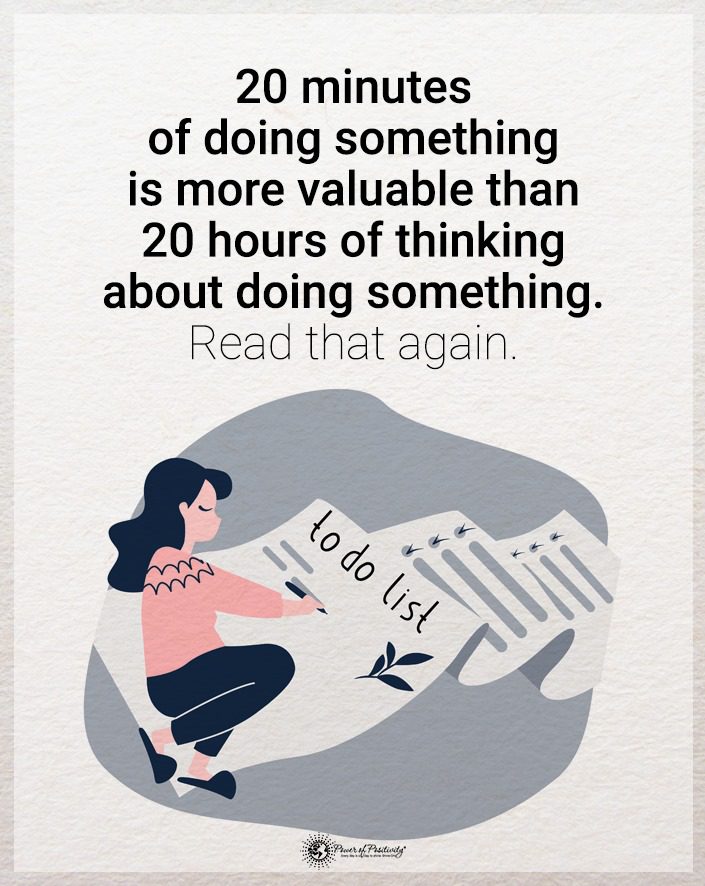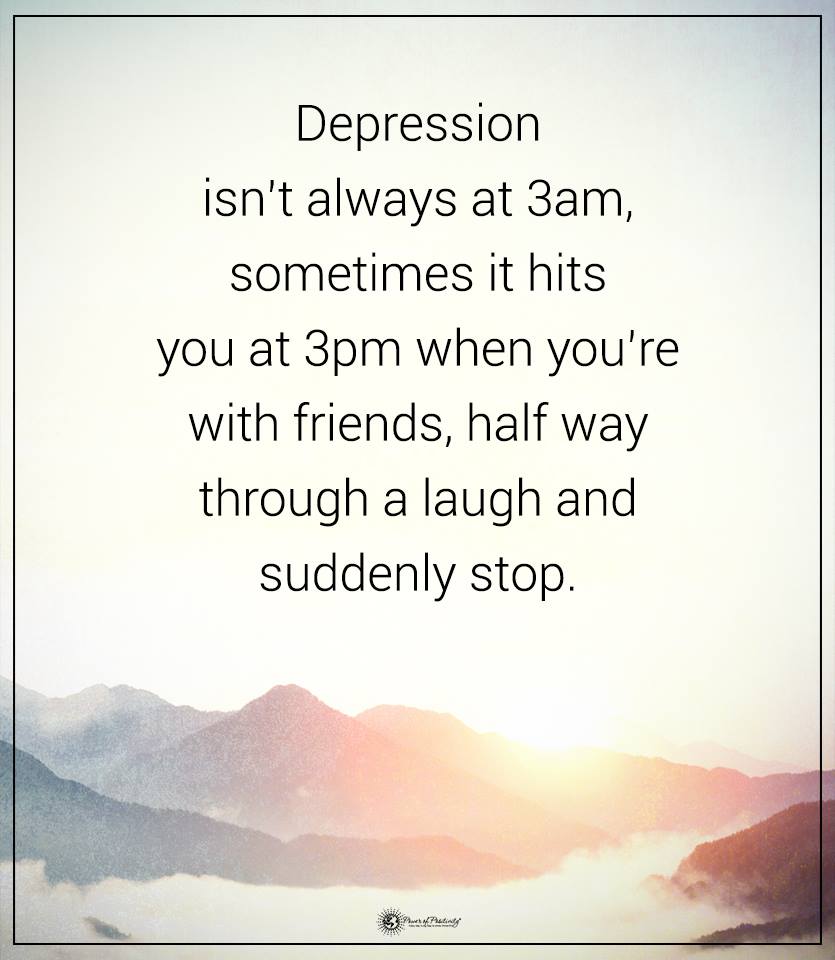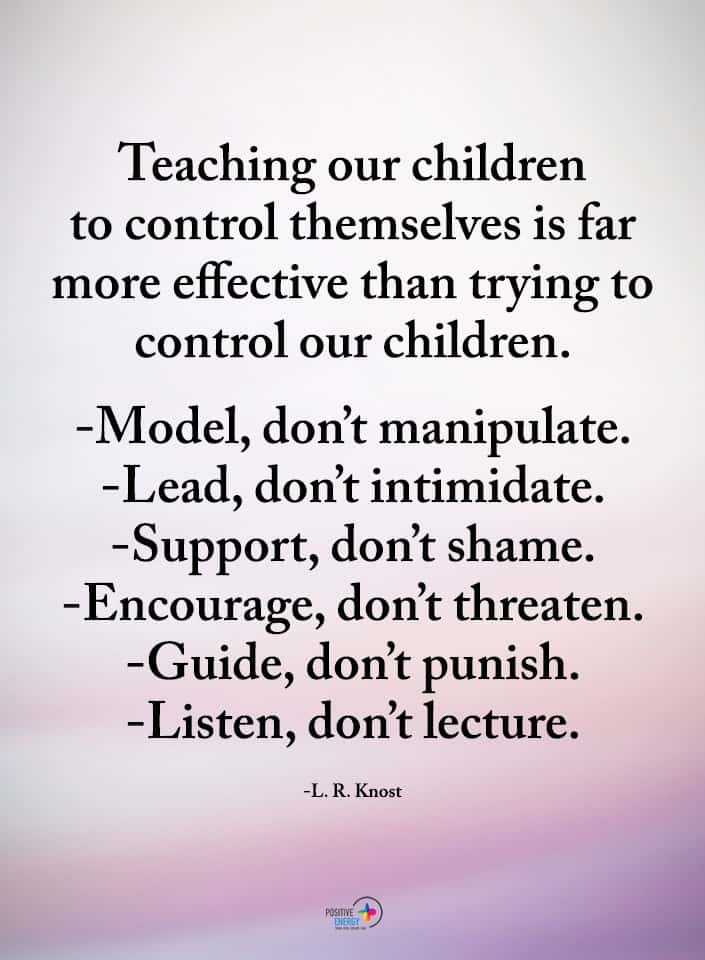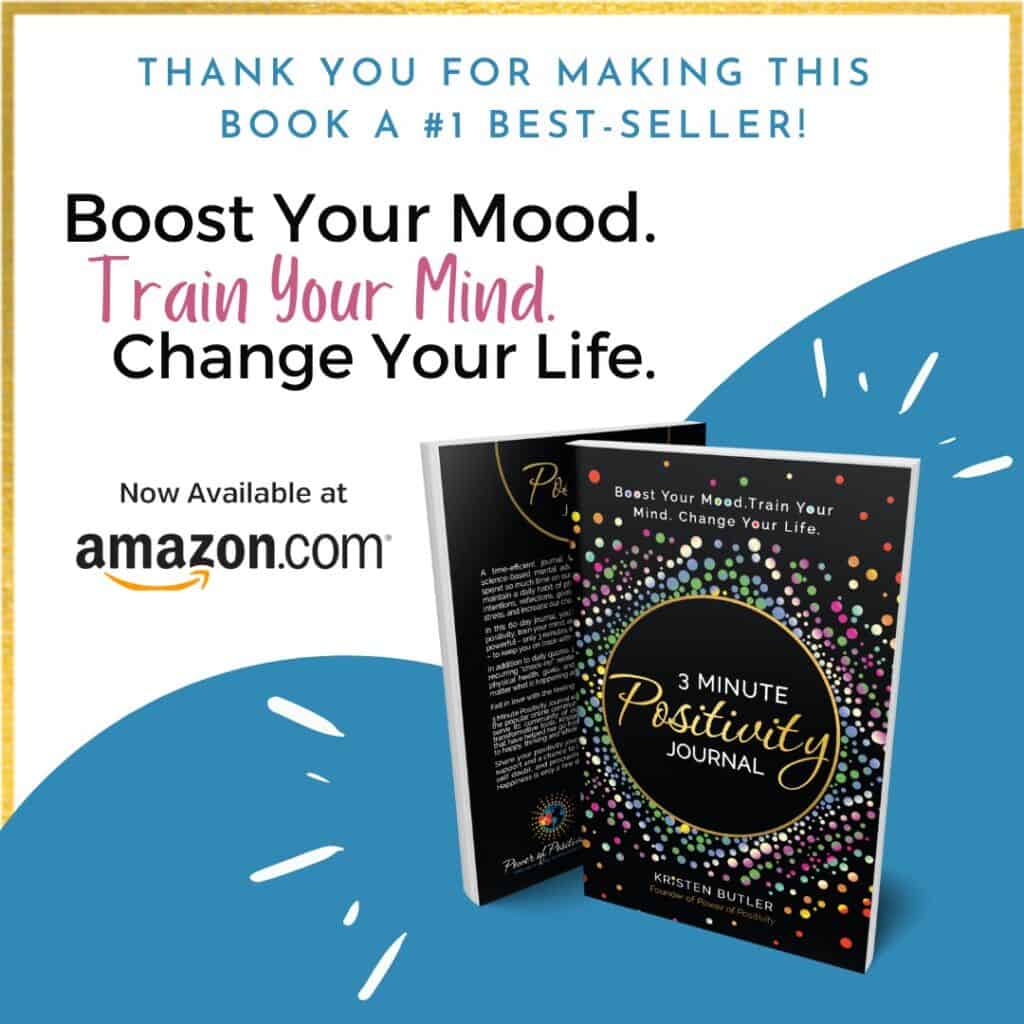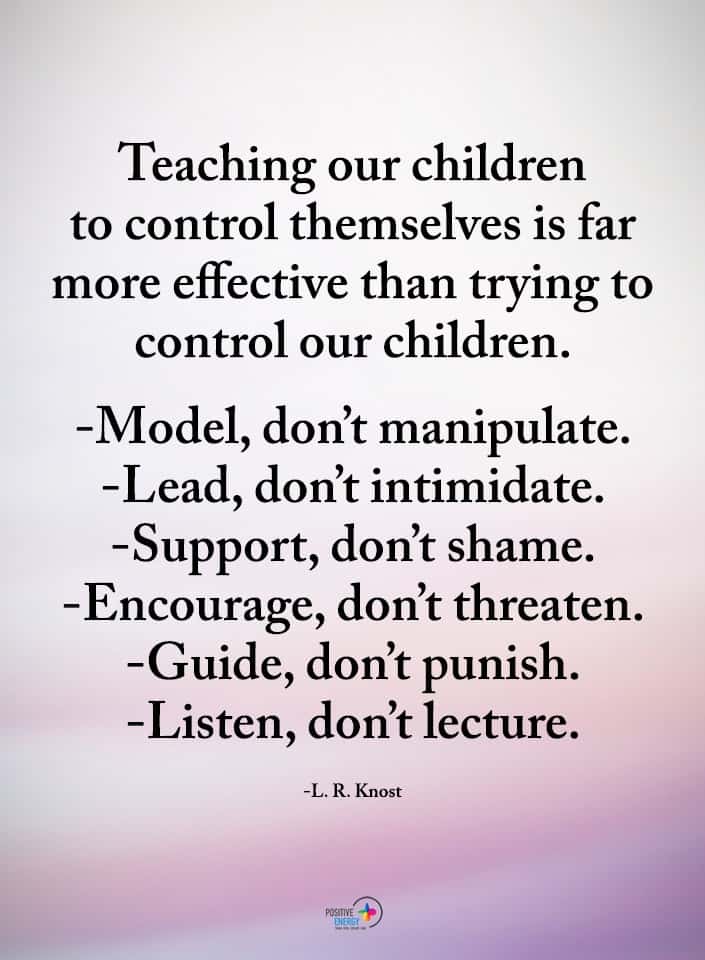Here’s why productivity increases if you slow down.
The quest for success can feel like an endless loop. Some compare it to riding an exercise bike. This comparison makes sense! Picture yourself pedaling furiously on that stationary bike with a seemingly unquenchable thirst for more productivity. You cannot move forward even an inch despite the fastest possible pace. This metaphor perfectly shows the futility of rushing through tasks in the name of productivity. It’s a cycle that promises progress but often leads to the opposite – it’s simply not productive.
This article will explore twelve reasons why slowing down, rather than speeding up, can better benefit your work. Besides your career goals, we’ll also give a much-deserved nod to how becoming more mindful can improve your health and happiness.
Twelve Reasons to Slow Down to Become More Productive
Even the agree that we need to adopt a healthier pace. According to an article in Frontiers in Psychology,“the negative effects of chronic time pressure (i.e., time shortage and feelings of being rushed) are pervasive within modern society.”
1 – Understanding the Value of Quality Over Quantity
In the race to get things done, taking your eye off the importance of doing things well is easy. The result often lacks depth and finesse when you prioritize speed over quality.
When you take the necessary time, you allow yourself to dive into your work’s nuances and enjoy the process. That’s true whether crafting a well-thought-out report, mastering a new language, or perfecting a recipe.
This attention to detail enhances the quality of your output. But it can also instill a sense of pride and accomplishment in your work. Remember, a job well done, no matter how small, contributes to a greater sense of satisfaction and competence.
2 – The Importance of Mental Health on Being Productive
The relentless pursuit of productivity can be a one-way street to stress and anxiety. This constant state of rush can trigger a cascade of mental health issues, from chronic stress to more severe conditions like anxiety and depression. If you indulge in the need to slow down, you create a buffer against these pressures.
This shift in pace enables you to approach tasks with a calmer mindset. As a result, it can make your work more enjoyable and less of a mental burden.
So take a moment to acknowledge that taking care of your mental well-being is not a mere buzzword or a luxury. Rather, it is a necessity for a balanced life.
3 – Enhancing Creativity and Innovation
Creativity doesn’t flourish under intense pressure. Like a fine wine, it needs space to breathe and grow.
When you’re not constantly racing against the clock, your mind can wander and ponder. That’s the space you need to come up with innovative ideas. Creativity blossoms in this relaxed state of mind, leading to breakthroughs and inventive solutions.
So give yourself the room necessary to indulge in this creative thinking, whether solving a complex problem at work or pursuing your favorite hobby. This space can lead to surprisingly effective and original outcomes.
4 – Building Stronger Relationships
In the good hustles of everyday life, it’s easy to overlook the need to carve out quality time with those who matter most. Interactions with friends and family can become superficial and rushed when you’re always in a hurry.
When you slow down, you allow yourself to engage with your loved ones. You will listen more mindfully to their stories, share experiences, and strengthen the bonds that form the foundation of your support system. These deepened relationships provide emotional fulfillment and a sense of belonging.
5 – Learning and Growth Happen Over Time
The path to personal and professional development is not a sprint; it’s a marathon. When you rush, you might skip crucial learning stages. As a result, you may miss out on valuable insights and skills.
Extra minutes can help you better understand and practice new concepts. Therefore, you build a solid foundation of knowledge and expertise. This deliberate approach to learning ensures that you don’t just know the ‘how’ but also understand the ‘why,’ leading to a more comprehensive and robust skill set.
6 – The Power of Reflection While Being Productive
Life’s lessons are best learned through reflection. Unfortunately, we often set aside the process when we have a busy schedule. When you constantly move from one task to another, there’s little time to pause and think about your experiences.
Slowing down allows you to reflect on your actions and decisions. Further, it helps you consider potential outcomes. This introspection is key to personal growth because it helps you learn from your successes and failures and make more informed decisions.
7 – Improved Physical Health and Being More Productive
The physical consequences of a non-stop lifestyle are easy for us to overlook. Rushing through your day can lead to neglecting basic needs like nutrition, exercise, and sleep.
A slower pace often means more attention to your physical health. That allows you to plan more balanced meals, adequate physical activity, and sufficient rest.
This holistic approach to health improves your physical well-being. It can also increase your emotional and mental wellness.
8 – Enjoying the Journey Is Part of the Ride
Life is more than a series of goals and achievements. Rather, it’s an experience we should each savor. When we constantly look forward to the next task or milestone, we miss out! We allow the beauty and joy of the present moment to slip right past us.
Slowing down allows you to appreciate the small, everyday pleasures. These might be a sunset’s beauty, a child’s laughter, or the aroma of a freshly brewed cup of herbal tea.
But these moments matter. That’s because, while fleeting, they add richness and depth to life.
9 – Productive People Know How to Reduce Their Mistakes
Going faster on that stationary bike doesn’t propel you forward. But it might mean you don’t notice your untied shoelaces until they get tangled into the pedal.
The faster you go, the more likely you will miss a key detail and make a mistake. Of course, errors can be costly and time-consuming to correct.
So, when you take a more measured approach, you allow yourself the time to double-check your work and think through problems. You might also approach tasks with a clear, focused mind.
Mindfulness about your next move reduces the frequency of mistakes and enhances your reputation for reliability and thoroughness.
10 – Keeping an Eye on Long-Term Success
Others measure true success by what you achieve and how you achieve it. Balance in life leads to long-term success.
How?
A balanced approach that values quality, health, relationships, and continuous learning leads to more sustainable and fulfilling success. Using your time well builds a strong foundation for your career and personal life. As a result, you can become more resilient to the ups and downs of life. This long-term perspective ensures that your achievements are fleeting victories and stepping stones to a more rewarding and meaningful life.
11 – Fostering a Culture of Mindfulness and Presence
Many people underestimate the art of being fully present at the moment in their rush to complete tasks and build success.
However, rushing from one task to another can lead to a fragmented focus. That means you are physically present but mentally elsewhere.
When you take the time to set an intention, you cultivate mindfulness, a practice of being fully engaged and aware of the present moment. This mindfulness enhances the quality of your work by allowing for greater concentration and attention to detail and enriches your personal experiences.
You might be in a meeting, enjoying a meal, or spending time with loved ones. Regardless of your situation – work or personal – mindful presence helps you appreciate and absorb every aspect of the experience, leading to a more fulfilling and productive life.
12 – Encouraging Sustainable (and Productive!) Work Habits
The relentless pursuit of productivity at a breakneck pace can lead to unsustainable work habits. This mindset often results in burnout and a decrease in overall productivity in the long term.
So choose to slow down – don’t rush! Sustainable work habits prioritize not just the completion of tasks but also your well-being. This approach means you should:
- Recognize the importance of breaks during the day.
- Set realistic goals, aka SMART goals, and celebrate as you achieve each.
- Understand your work rhythms – your natural flow.
Working harmoniously with your natural tendencies and limits creates a more sustainable work-life balance. Thus, you will see that you can maintain high productivity over a longer period without sacrificing your health or happiness.
This sustainable approach to work benefits you personally and can set a positive example for others. You will also inspire others as you create a healthier and more balanced actualization of productivity in your workplace and community.
Final Thoughts on Being Productive Without a Rush Through Life
While productivity is important, balancing it with your work’s quality and overall well-being is key to your long-term happiness. Remember, taking your time doesn’t mean you are not productive. Rather, it means you are more mindful, creating strategies for success. You will be productive and healthy while you crush all your goals in the long run.



